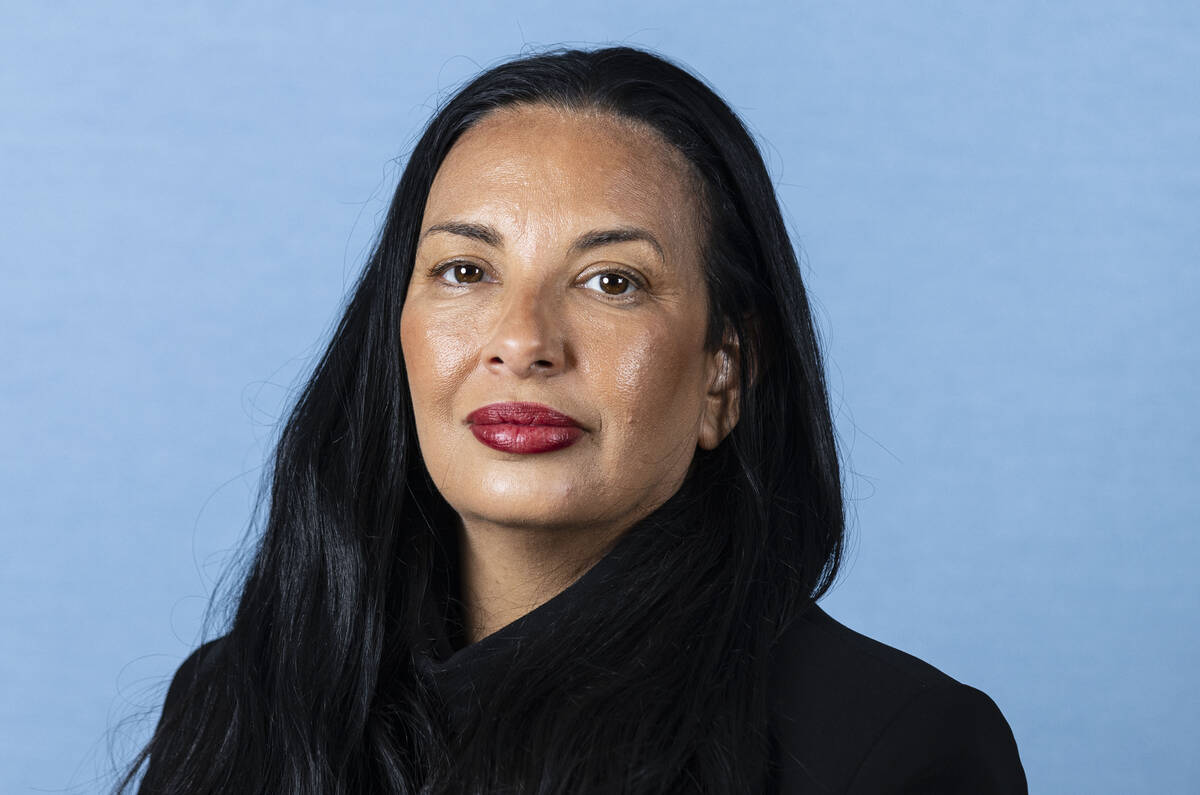Federal prosecutors to appeal judge’s decision to disqualify Chattah
Federal prosecutors are appealing a judge’s ruling disqualifying acting Nevada U.S. attorney Sigal Chattah from multiple cases.
Notices of appeal were filed Thursday in the four cases at issue.
Arizona-based Senior U.S. District Judge David Campbell said in his Tuesday order that Chattah was disqualified from supervising the criminal prosecutions of the defendants in those cases, who had challenged Chattah through their public defenders.
“Given the Court’s conclusion that Ms. Chattah is not validly serving as Acting U.S. Attorney, her involvement in these cases would be unlawful,” the judge wrote.
Campbell also ruled that federal judges in Nevada could decide whether to select their own interim U.S. attorney.
Chattah is not listed on the notices of appeal, which were signed by Appellate Division Chief Adam Flake and also name Executive Assistant Sue Fahami.
Initially, Chattah served as interim U.S. attorney. She assumed the acting title in July, a day before her interim appointment would have expired.
The federal public defender’s office has argued that Chattah’s term expired in July and that she has been doing her job since then without “force or effect.” They had also asked judges to “exercise their authority to appoint a proper interim U.S. attorney.”
Retired U.S. District Judge Philip Pro praised Campbell’s order in a phone interview before the notices of appeal were filed.
“What this really reflects, I think, is a conflict between the executive branch seeking to move into territory that is not within the province of its powers,” said Pro.
He added: “If it’s even appealed, it would be readily affirmed.”
Pro’s interpretation of the decision is that Chattah lacks authority to oversee any prosecutions.
“I don’t see an opportunity or an opening for a reappointment of Ms. Chattah in any capacity, save the president could certainly nominate her, submit her name to the Senate for confirmation and the Senate would act on that,” he said.
Campbell’s ruling noted that President Donald Trump has not nominated anyone to serve as Nevada’s permanent U.S. attorney.
Nevada Democratic Sens. Jacky Rosen and Catherine Cortez Masto oppose Chattah, who has said she was made acting U.S. attorney because the senators would not approve her nomination.
Carl Tobias, a University of Richmond law school professor, said only two U.S. attorneys have been confirmed during the current Trump administration.
Instead of following the Senate confirmation process, he said, the administration relies on interim and acting appointments.
One theory is that “Trump doesn’t want to subject them to advice and consent because they either aren’t qualified or they have some other issues or that he’s just in a hurry to get it done,” said Tobias.
He added: “The Constitution says that these people serve with advice and consent of the Senate and so it’s a pretty direct violation of what the Constitution says and the statutes governing who serves as a U.S. attorney.”
The dispute over Chattah follows a ruling that Alina Habba, her counterpart in New Jersey, was serving unlawfully and had not been properly appointed.
“It’s very well thought out and it seems clear from his legislative dive into the legislative history that these were powers Congress specifically intended to maintain and not delegate,” said defense attorney Lisa Rasmussen of the ruling, referring to the power to confirm U.S. attorneys.
But, she said, “I don’t know what’s going to happen next.”
Contact Noble Brigham at nbrigham@reviewjournal.com. Follow @BrighamNoble on X.


















